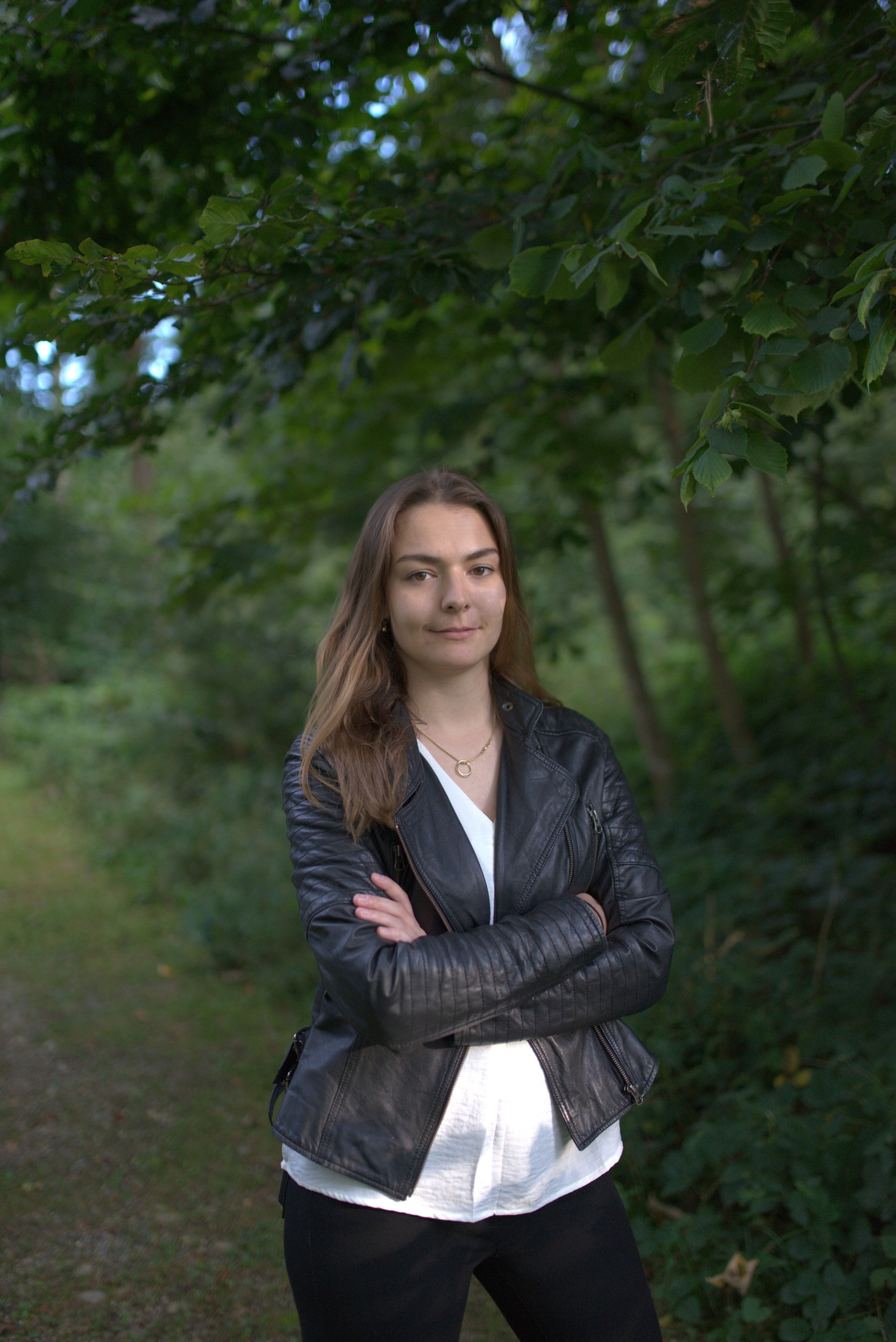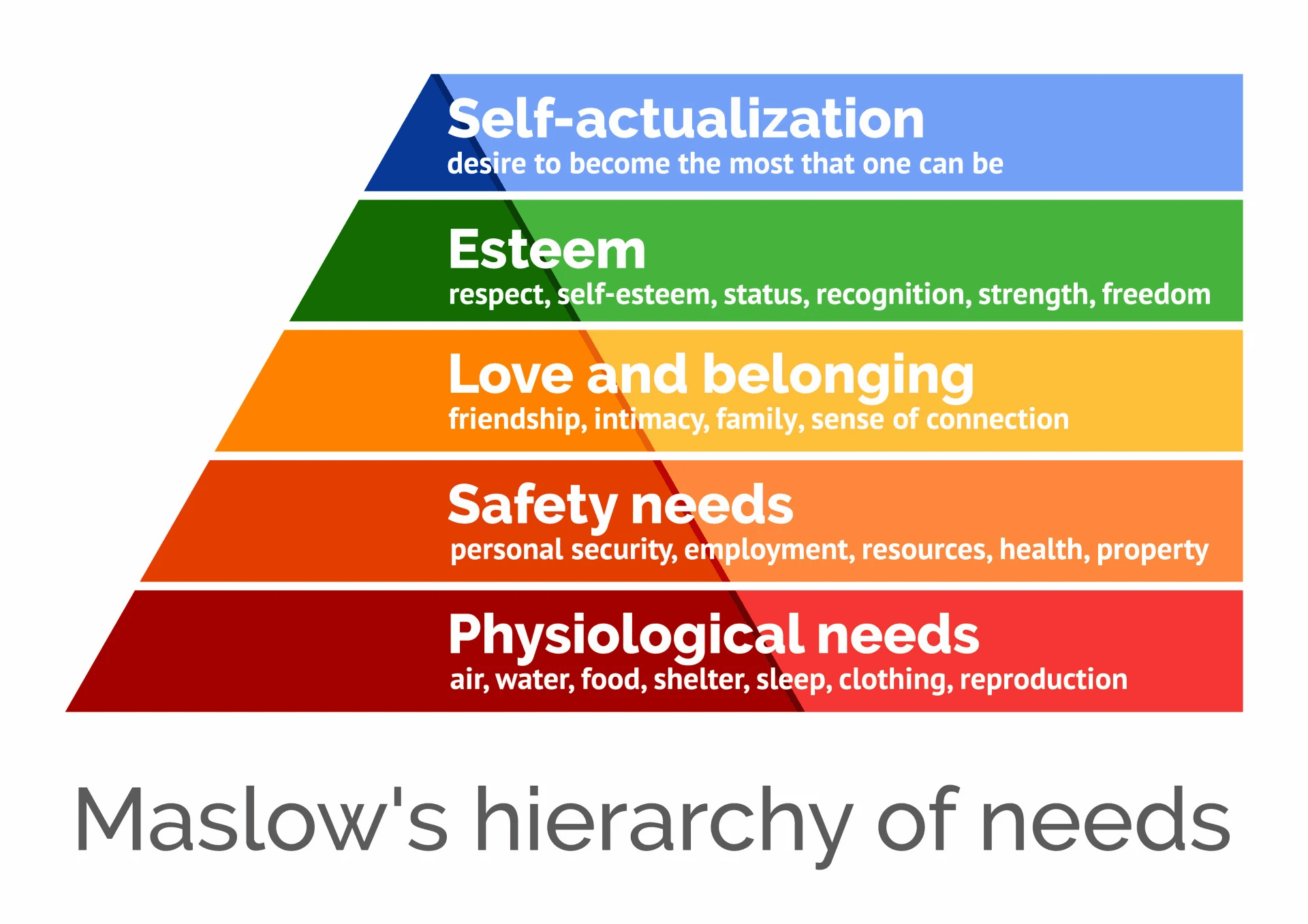Esports Reflections by Nina Zweifel: Episode 1

In high-pressure and high-performance environments, it is very easy to lose focus. Very quickly, performance equals winning and humans become statistics on a sheet. Performance Coaching can be mistaken for just another pathway to winning. I, too, have made this mistake. In this text, I want to shed some light on a misconception I think is a massive issue in (pro) esports.
Under any circumstance, players are expected to perform. When they don’t, we often ask “what is wrong with them?” instead of asking “what is wrong around them?”.
Players are flowers. We need to tend the garden.
Let me illustrate with a widely debated, but well-established concept — Maslow's Pyramid of Needs.

Maslow’s pyramid is a model for understanding the motivation for human behavior. Abraham Maslow postulated that only when the needs at the bottom are met, is it possible to focus on the needs further up. He believed that fulfillment in life only resulted from obtaining the needs at all levels. This model was first published in 1943, but it is still very much applicable to our situation today.
So let me ask you: How can we expect growth, self-actualization or high performance when even basic needs are not met? When psychological safety is low and both security and belonging are scarce? How can we expect the peak, without building the foundation?
Esports is a billion Dollar industry. Organisations invest hundreds of thousands of dollars into the best players and spend years negotiating sponsorship deals for the best PCs and gear. And over the years, more and more thought and money has gone towards coaching and other staff as well, which is a great development in my opinion.
But no amount of money, no perfect keyboard, no amount of scrim time, no fancy sauna in the gaming office can ever compensate unmet needs of these human beings we call esports players.
Let us talk about these needs. Please bear with me as I am trying to present some examples on these needs and make this socio-psychological construct accessible to everyone.
Physiological Needs: air, water, food, shelter, sleep, clothing etc.
We’d expect most physiological needs to be covered. Players usually receive food and water and they have a place to work and a place to live. Many of them receive more sponsored clothing than they could ever wear.
HOWEVER: Food can be a tricky topic. In my opinion, the simple provision of food is not sufficient. Is it healthy, balanced food? Is it food the player knows or likes? How is food sometimes used as a reward and punishment based on performance? Still, the biggest worry is often sleep. The esports lifestyle is a sleep-unfriendly one in and of itself and little is done to address additional unhealthy sleeping behaviors. We all know that one person who is on Tiktok until 4am. In fact, examples like Champions Queue being open from 10pm to 2am adds another incentive for an unhealthy sleeping rhythm. Overall, physiological needs are mostly covered, but they are by no means unconditional.
Safety needs: personal safety, employment, resources, health, property.
These might seem relatively basic as well. Players generally do not feel unsafe, they are employed and they very often have a decent amount of monetary resources and property.
HOWEVER: There is some discussion around the massive disposability of athletes and its consequences for their health and wellbeing. There have been multiple worrying reports on the topic of employment recently. “Contract Jail” is just one of many terms coined by players being exploited by orgs and contracts they signed unsuspectingly. Being benched, but kept from pursuing a career elsewhere, earning a minimal salary for the league and potentially losing all interest from other teams — suddenly does not feel so safe anymore.
Love and Belonging: Friendship, family, sense of connection.
Many of these players have left their home, their family, their friends and moved to a foreign country just to meet up with complete strangers and play some game. Many of them don’t speak the language of the country they live in, and while there are always people around and always a topic to talk about (it’s esports) technically all the people they see regularly are work colleagues. In what other job are you expected to form a bond with your colleagues that substitutes family, friends and home? The sense of belonging is essential to humans. For our health and for our growth. In my opinion, there is a responsibility for organisations and team leaders to facilitate this sense of belonging. This does not just include team bonding exercises between players, or writing down rules on how to behave. Every single person who enters the office / gaming house contributes to the culture in that office / gaming house. Feeling safe and at home can begin at simple things like how one is greeted when they enter a room.
Esteem: Respect, self-esteem, status, recognition, strength, freedom.
This might be the one level where needs are met and sometimes shattered. Players reach a certain level of fame, of fandom, of prestige and status. But the dark side to this coin is the exposure. The mostly uncontrolled exposure to insults and hate online, but also harsh words and unreflected opinions of staff, casters and each other. Any of these experiences can have a detrimental effect on a player’s mental health and well-being. And it can take years to recover from that both from a social as well as a health perspective. Furthermore, I see many players being treated as 1) Children with no agency or opportunity for self-determination. Their feelings and opinions do not count and they have no power in decisions or 2) Human Billboards and Marketing Investments. And whereas the second often comes with money and power, it is still massively dehumanizing.
Long story short: Players are humans. And it is about time we treat them as humans as well.
And if you care more about winning than the well-being of these people — then — you can still benefit from this for sure.
High performance is part of the peak of Maslow’s Pyramid along with personal growth, self-actualization, the desire to be the best they can be. As per Maslow himself, these needs should be met one by one from the bottom up. Consequently, sustained high performance demands massive changes in how players are treated so that physiological, safety, love and belonging, and esteem needs are all met.
So whether you are invested in the health and well-being of the people in this space, or if you are just here to win, there are a hundred little things you can do better.
PS: Naturally, what I have written here also applies to coaches, managers, other staff as well. People are flowers. We need to tend the garden. However, Coaches, Managers and Staff are often in a position where they are the Actor and the Acted-upon and therefore present an even more complex situation.
Read more on this topic regarding Staff in “How Esports Orgs Should Think About Supporting Their Staff“ by Caleb Cousens.
